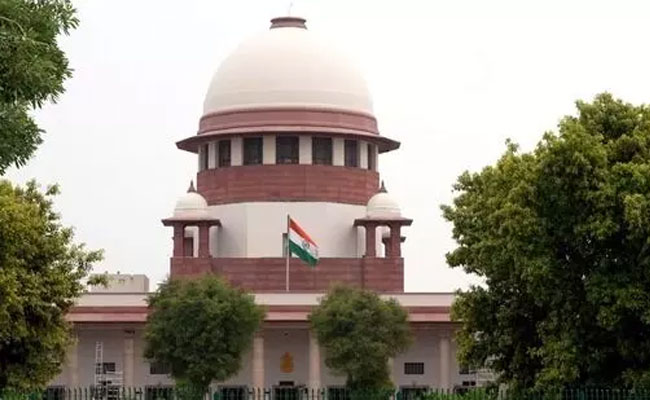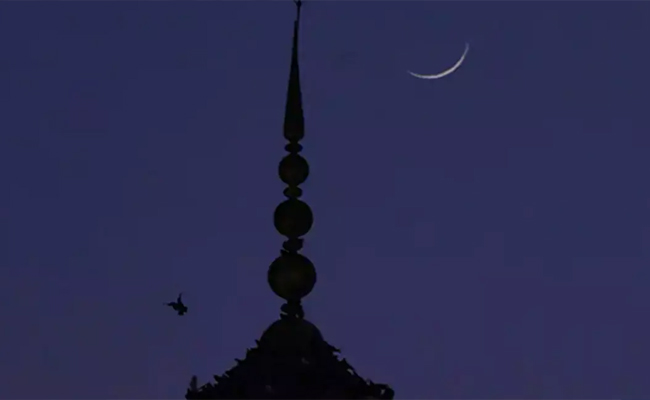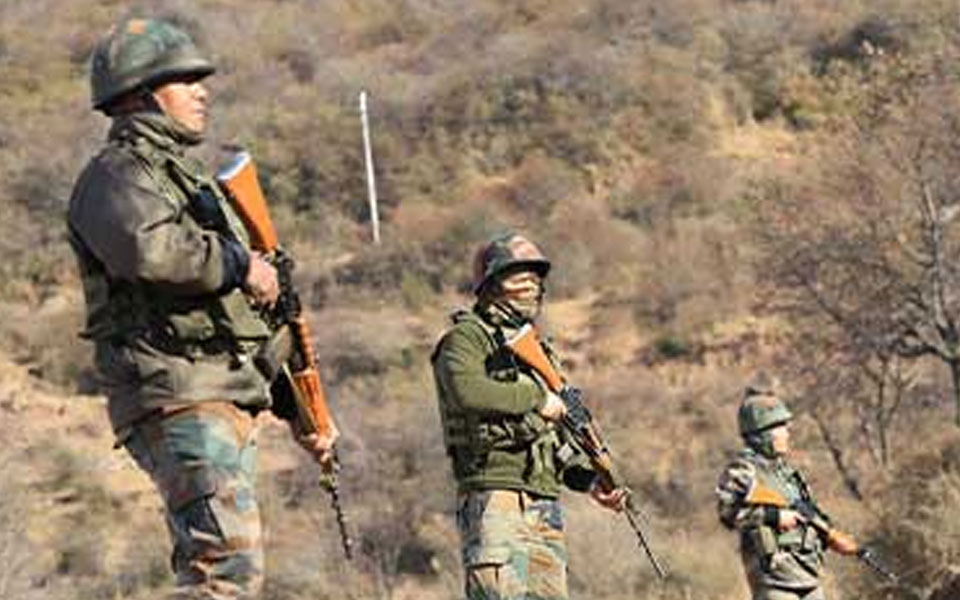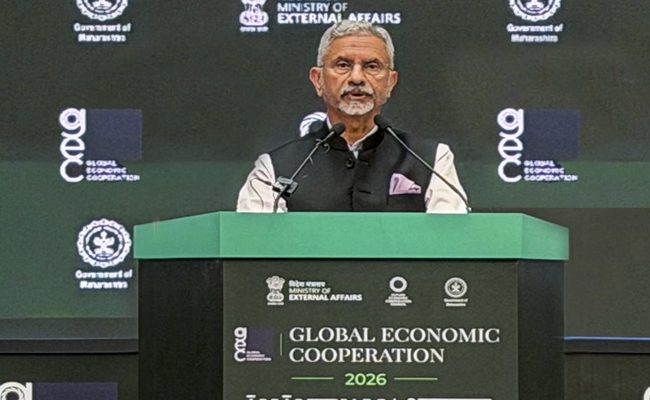New Delhi, April 18: The Central government on Wednesday launched a common admission portal for foreign students to promote Indian education to "200,000 international students by 2023".
The portal 'Study in India' was launched here as an initiative by the Human Resource Development Ministry, aided by the External Affairs Ministry.
Under the initiative, a total of 160 higher education institutes have been identified to provide education in over 1,500 courses to international students seeking to study in India. The institutes include all Indian Institutes of Technology, National Institutes of Technology, and Jawaharlal Nehru University, Delhi, Osmania University, Hyderabad, Presidency College, Kolkata, etc.
"Study in India has many dimensions. It's a project where India becomes a hub of educational activities ... Over the years we have seen a stagnation in the number of students coming to India. Singapore, Australia, and many other countries attracted more students. From India also, I have seen Australia doing a 'Study in Australia' project," HRD Minister Prakash Javadekar said in a video address.
"We are today focussing on Asia, ASEAN (Association of South East Asian Nations), Africa, Gulf (Middle East) but... I have a dream that even American families will send their children to complete undergraduate courses in India," he said.
Calling the endeavour a "major step forward" to freeing Indian education market for foreign students, Secretary, Higher Education, R. Subrahmanyam said that about 55 per cent of the total seats on offer at these 160 institutes will come with fee waivers.
The venture will include easing of visa requirements for international students.
External Affairs Minister Sushma Swaraj, Minister of State for Human Resource Development Satyapal Singh and diplomats from over 30 countries attended the launch.
Let the Truth be known. If you read VB and like VB, please be a VB Supporter and Help us deliver the Truth to one and all.
New Delhi (PTI): Ruling out strangulation and rape, the Supreme Court on Tuesday upheld the two-year jail term of a man challenging his conviction for abetting the suicide of Telugu actress Pratyusha in 2002, and directed him to surrender within four weeks.
Pratyusha died in Hyderabad on February 24, 2002.
The gist of the case against Gudipalli Siddhartha Reddy, according to the remand report, is that he and Pratyusha were in love for six years.
While the relation was acceptable to Pratyusha's mother, Reddy's mother did not agree to the alliance on account of which both of them decided to commit suicide.
On February 23, 2002, both of them went in a car, purchased a pesticide bottle, mixed it in coke and consumed it. However, wisdom prevailed over them and they decided that they should not die.
They drove to Care Hospital in Hyderabad. In spite of the medical care, Pratyusha died while Reddy survived.
A bench comprising justices Rajesh Bindal and Manmohan also dismissed the plea filed by P Sarojini Devi, Pratyusha's mother, who alleged foul play in the death.
"This court holds that the accused's conduct in entering into and acting upon the suicide pact falls squarely within all the three situations envisaged in Section 107 (Abetment) of the IPC. His participation directly facilitated the deceased's suicide. "Notably, it is not his defence that the deceased was the dominant personality who pressured him into the pact. His culpability therefore stands established," the bench said.
The top court said the allegation of homicidal death by manual strangulation is wholly unsustainable.
"A wealth of ocular and medical evidence points to poisoning. The materials on record, when examined holistically, leave no room for doubt that the deceased died due to consumption of organophosphate poison, specifically Nuvacron...
"Consequently, the convergence of multiple independent expert opinions lends overwhelming credibility to the conclusion that the deceased died of poisoning," the bench said.
The top court also slammed Dr Muni Swamy, who conducted post-mortem of the actress, and said even though there was a doctor on duty on February 25, 2002, he came to the mortuary on his own and did the autopsy.
The bench said it was surprising as Dr Swamy was neither on duty at the mortuary nor on call duty as professor.
"The premature and erroneous opinion of Dr. Muni Swamy unleashed a wave of public controversy. Media reports amplified his conclusions, leading to widespread suspicion of investigators and calls for immediate action against alleged perpetrators.
"This demonstrates how a single erroneous report, when publicised prematurely, can distort public perception and derail the course of justice," the bench said.
In 2011, the Andhra Pradesh High Court reduced the jail sentence of Reddy, who was convicted for her death, to two years from the five years earlier awarded.
The trial court had on February 23, 2004, sentenced Reddy to five years' imprisonment and slapped a fine of Rs 5,000 on charges of abetment of suicide. It had also awarded him one more year of imprisonment and a fine of Rs 1,000 for attempting suicide.




